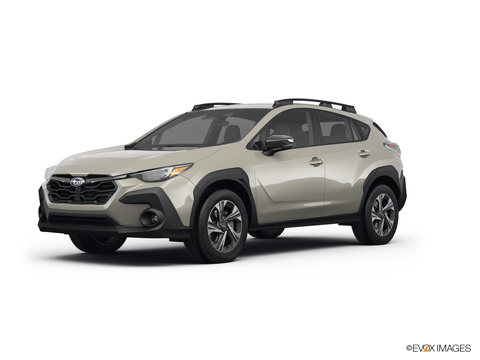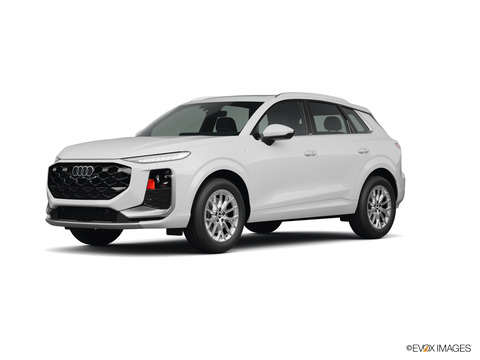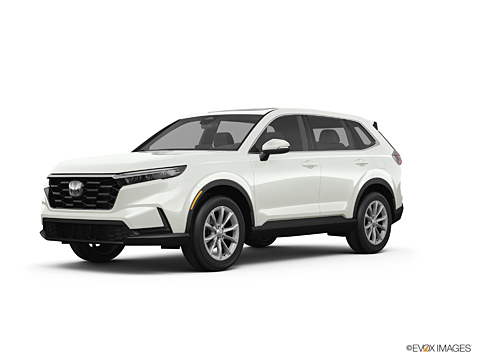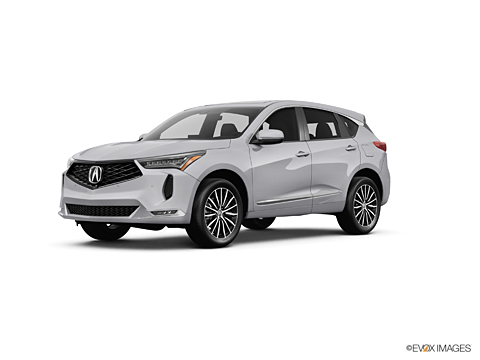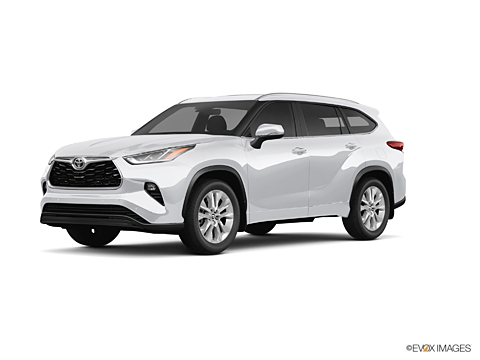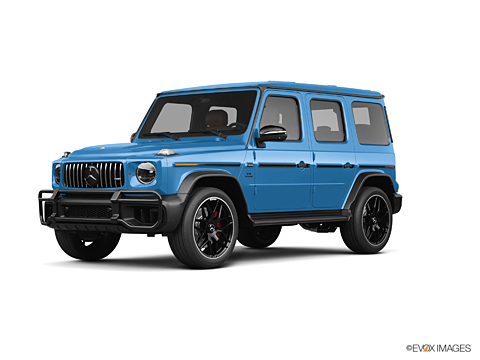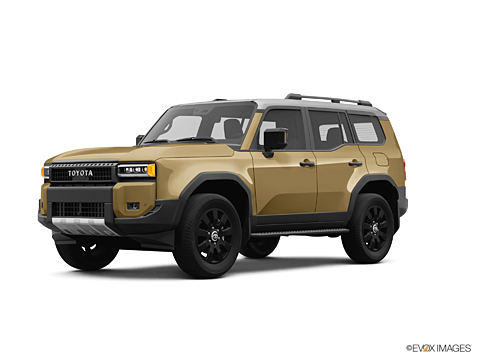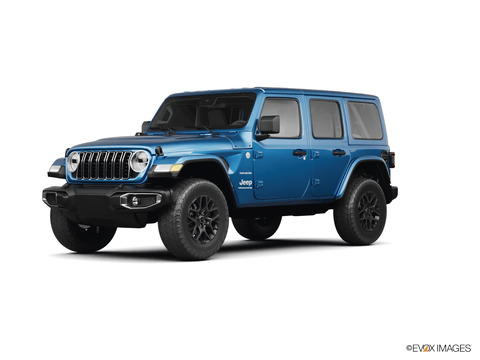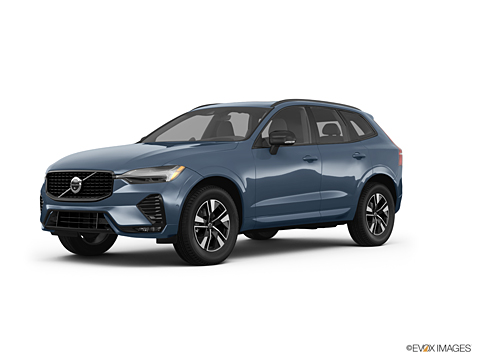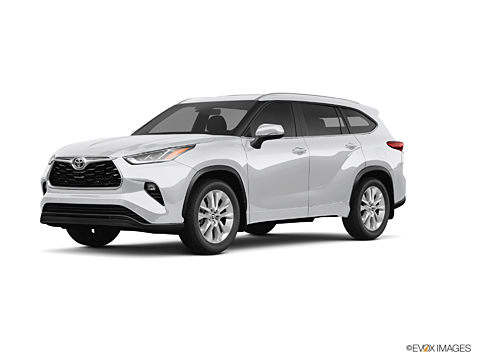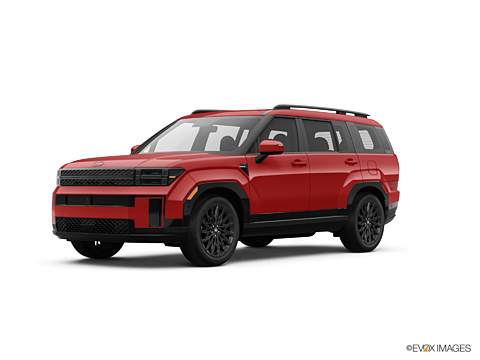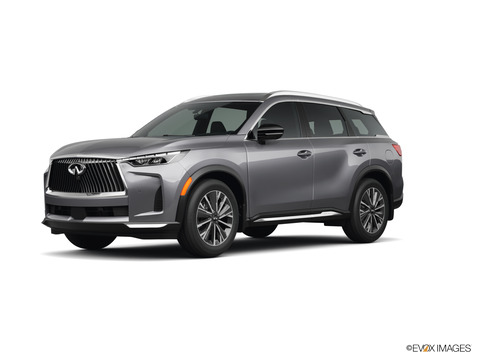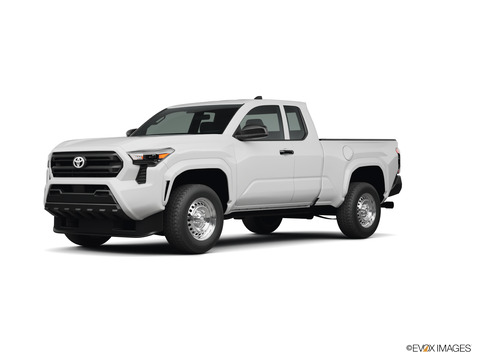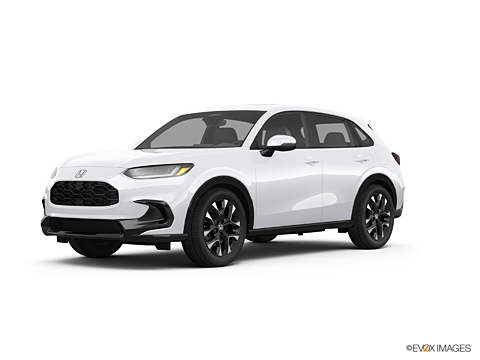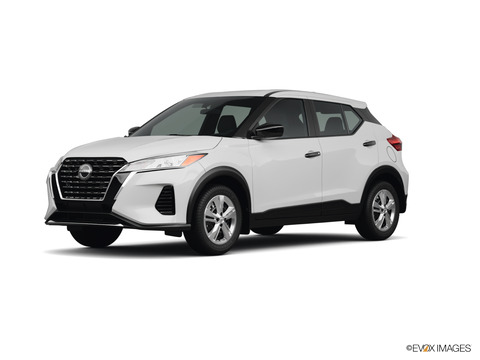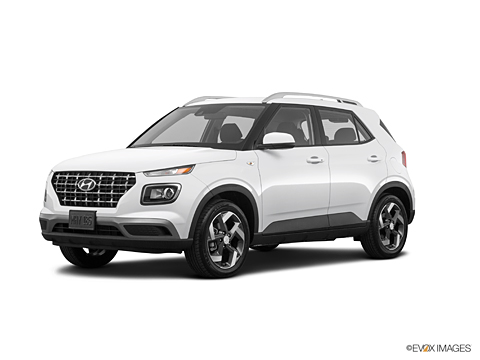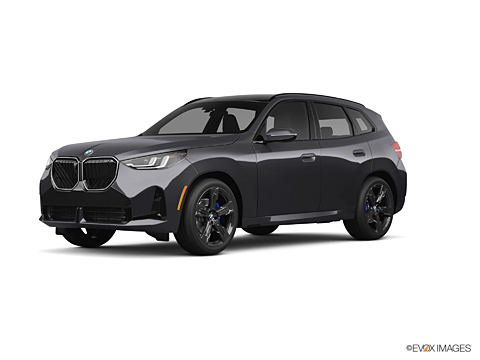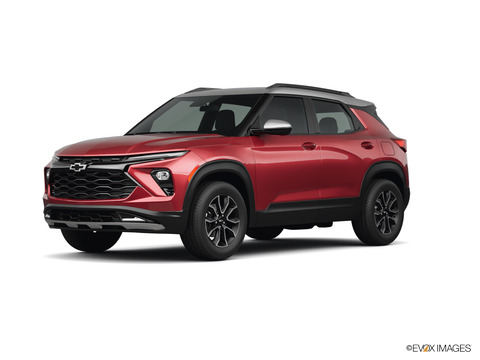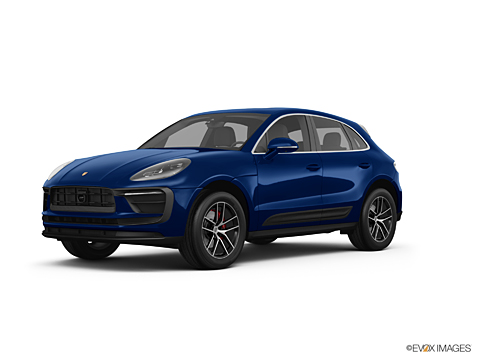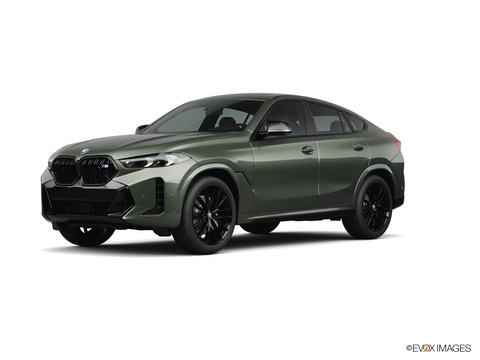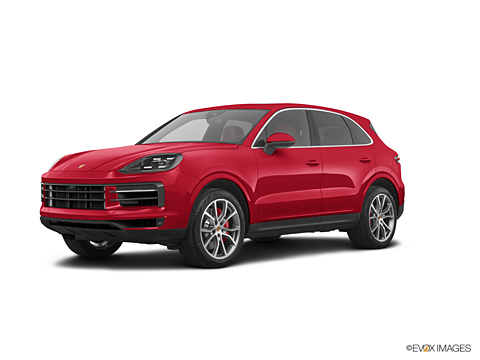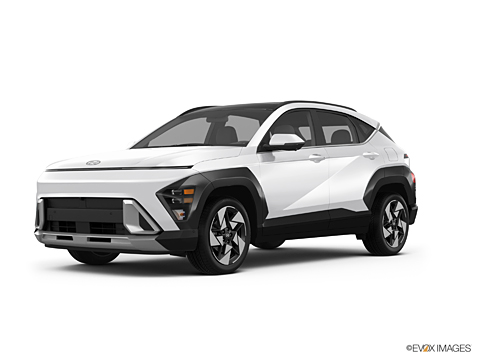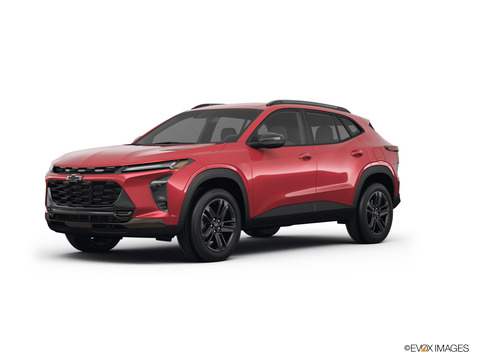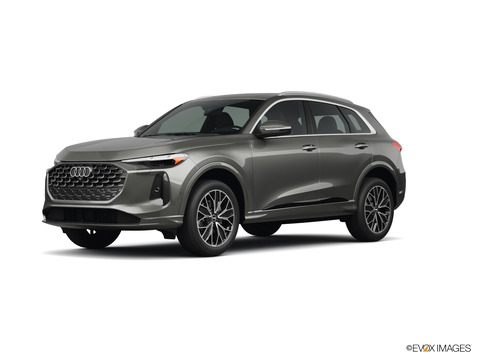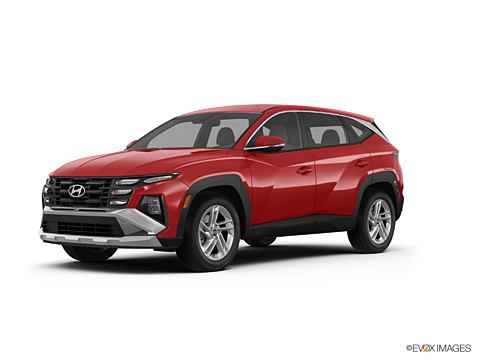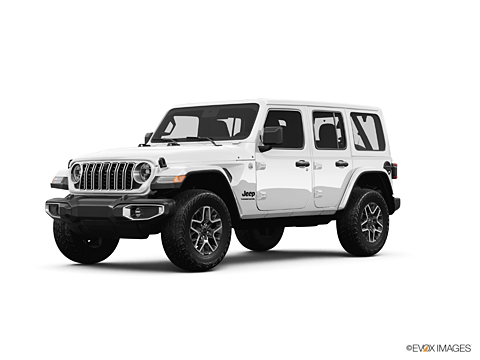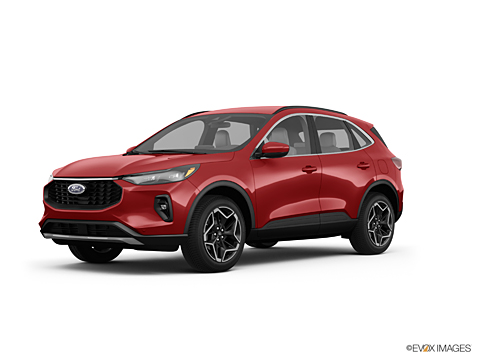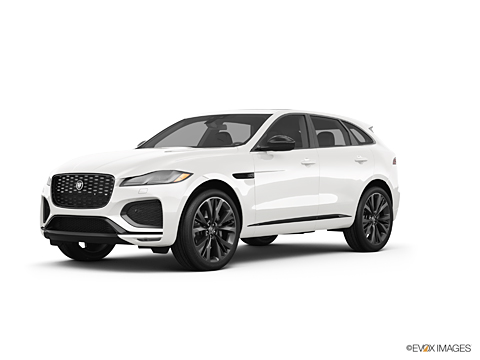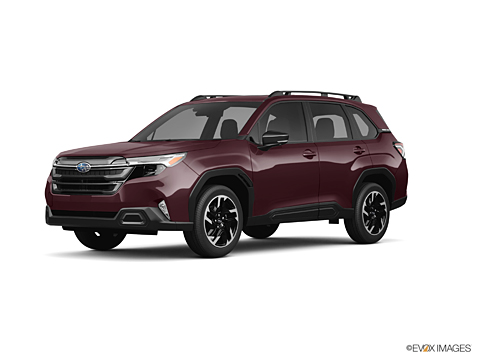
Best SUVs for 2026
The best SUVs are ranked based on a data-driven analysis of over 330 million vehicles' reliability, resale value, and safety.
Many lists ranking SUVs may already exist, but those depend mostly on subjective editorial criteria. iSeeCars' Best SUVs are ranked using a data-driven and objective methodology. By applying data science to over 330 million vehicles, iSeeCars analyzes each car to understand its reliability and how long-lasting it is, its safety, and how well it holds its value over time. Each SUV is compared to others within its own category, and the best one in a given category is the model with the best ratings across these three key areas, summarized by the iSeeCars Quality Score. Here are the top models in each SUV category:
The best subcompact SUV is the Subaru Crosstrek (8.1 quality rating), with the Honda CR-V being the best small and compact SUV (8.5 quality rating). The Toyota Highlander ranks #1 for the best midsize SUVs (8.3 quality rating).
The best large SUV is the Toyota Land Cruiser (8.6 quality rating) and the best crossover SUV is the Honda CR-V (8.5 quality rating). Topping the list for the best three-row SUVs is the Toyota Land Cruiser (8.6 quality rating), while the Toyota Land Cruiser (hybrid) ranks first for the best hybrid SUVs (8.5 quality rating).
The best plug-in hybrid SUV (PHEV) is the Jeep Wrangler (Plug-in Hybrid) (8.1 quality rating).
How Does iSeeCars Determine the Best SUVs?
iSeeCars’ Reliability Rating is a reflection of a vehicle’s long-term quality and durability. It is based on an analysis of each vehicle’s useful lifespan and its ability to last 200,000 miles or more. Reliability often translates to lower operating costs for a vehicle owner, as well as reduced time and energy spent visiting dealerships to address issues beyond scheduled maintenance.
iSeeCars’ Value Retention Score indicates how much market value a vehicle has after several years of use. This is typically the most expensive factor in vehicle ownership. Models that lose a substantial amount of value over time contribute far less to a consumer’s future trade-in value for their next purchase, or what the vehicle can be sold for in the used car market.
iSeeCars’ Safety Score comes from a standardized set of safety tests performed by the National Highway Traffic Safety Administration (NHTSA) and the Insurance Institute for Highway Safety (IIHS). These organizations perform comprehensive studies to determine the potential for occupant injury or death if a vehicle is involved in an accident.
For each model, the data related to these three components is aggregated across multiple model years and updated regularly. The data is combined to create iSeeCars’ Quality Score, and that quality score is compared across all models within a segment to determine the ranking for the Best SUVs.
What Kind of SUVs are Available?
SUVs have exploded in popularity over the past few decades, leading to more models being sold today than ever before. While SUVs tend to have a higher starting price and lower fuel efficiency than sedans or wagons, they also have more cargo space, towing capacity, and off-road capability than most cars. This trade-off in fuel economy versus practicality is clearly one many consumers are willing to make, as confirmed by the ever-increasing sales in nearly every SUV segment.
What Type of SUV Should I Buy?
Buying a modern SUV does not necessarily mean terrible gas mileage and cumbersome handling. Advanced powertrain and suspension technology has given today’s SUVs highly refined ride and handling qualities, along with mpg figures rivaling traditional new cars. Keep in mind that smaller SUVs will always deliver better gas mileage than larger models, and two-wheel drive versions have a fuel efficiency advantage over four- or all-wheel drive vehicles.
Serious off-road enthusiasts will want to consider models with higher ground clearance, traditional four-wheel drive, a two-range transfer case, and a locking differential. On the other hand, buyers embarking on light off-road excursions, or simply seeking confidence in bad weather, can opt for a basic AWD model to meet their needs.
With nearly every luxury brand offering multiple utility vehicles a buyer can now enjoy advanced driver assist and safety features along with the elevated ride height, larger cargo area, and overall superior flexibility provided by an SUV. While luxury and full-size SUVs tend to have larger touchscreens, more tech features, and greater horsepower, the use of smaller, turbocharged engines in recent years has resulted in surprisingly good fuel efficiency, despite their larger size and weight.
Even greater fuel efficiency is possible with hybrid and plug-in hybrid models, which pair a turbo engine with an electric motor and battery pack to improve their fuel economy numbers.
For buyers who feel using any fuel is too much fuel, several electric SUVs are now available, with more on the way. And remember, while their lack of CO2 emissions is commendable, electric SUVs cost more than the equivalent gasoline model, and they require careful route planning for longer road trips.

How We Rank These Cars
iSeeCars Best Car Rankings are calculated based on the latest analysis by our data science team of more than 330 million cars.
The overall iSeeCars Quality Score combines analyses of these three factors: reliability, resale value, and safety. It is calculated based on the latest research and analysis by our data science team. The data analysis comes from over 330 million vehicles as reported in our Longest-Lasting Cars and 5-Year Depreciation Studies. These two factors are combined with NHTSA and/or IIHS Safety Ratings to determine a car’s Quality Score. Only cars with recent model years are included.
Each vehicle is rated on a scale from 1 to 10, with 10 being the highest Quality Score. Vehicles within a given category are sorted to show the highest-scoring ones first. If two cars have the same ratings, the tie is broken by the Reliability Rating, Value Retention Score, and Safety Score. iSeeCars displays comprehensive Quality Scores along with the subscores for each model because multiple factors should be taken into account when buyers are seeking the best overall vehicle.
Vehicles are scored in three categories:

Reliability
The reliability score represents an analysis of iSeeCars' proprietary research on the longest-lasting vehicles.

Value Retention
The value retention score is based on our data science team's statistical analysis and prediction of 5-year depreciation from MSRP to determine which cars hold their value best, using US Bureau of Labor Statistics data to adjust for inflation.

Safety
The safety score is calculated based on the last five years of crash test ratings from the National Highway Traffic Safety Administration (NHTSA) and incorporates the latest Top Safety Pick information from the Insurance Institute for Highway Safety (IIHS).

